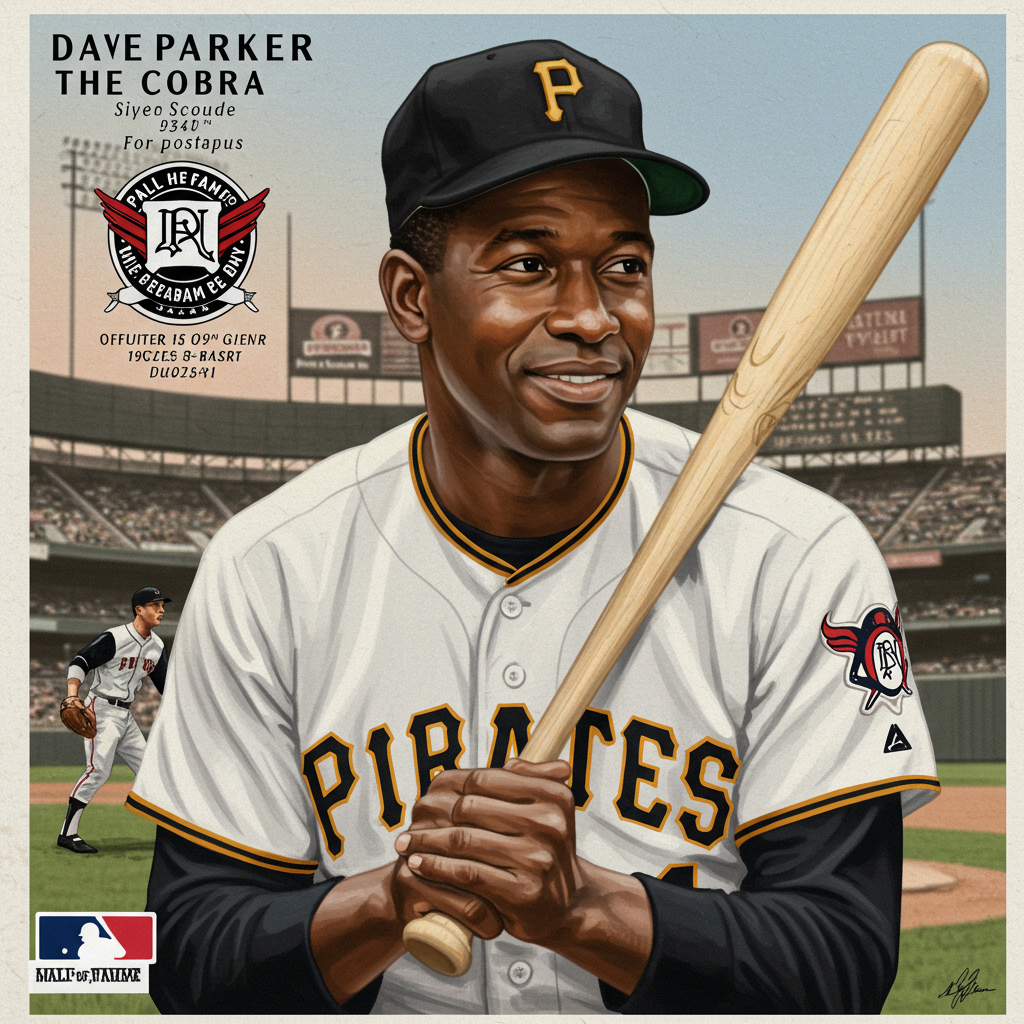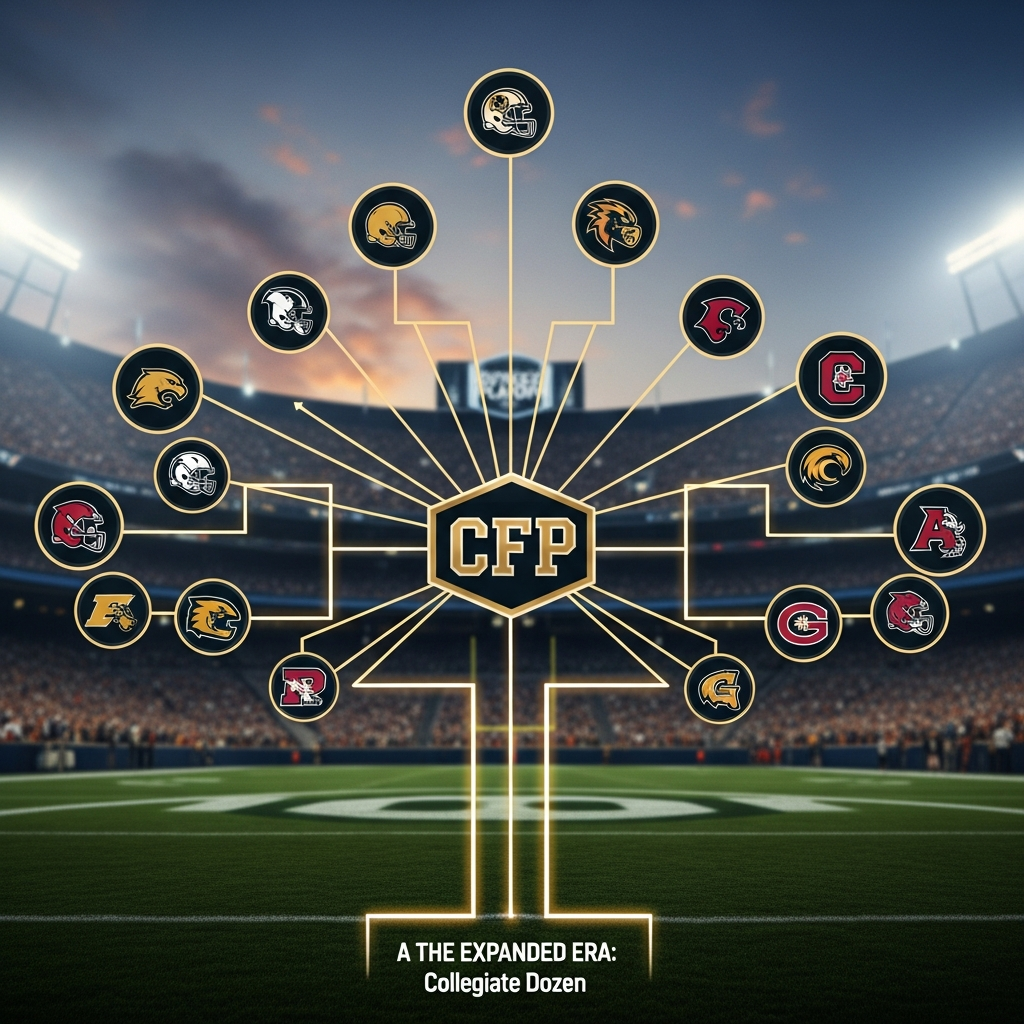Major League Baseball has lost a true legend. Dave parker, the iconic outfielder known throughout baseball as “The Cobra,” a newly elected Hall of Famer and former National League MVP, passed away on Saturday, June 28, 2025. He was 74 years old. The news of Parker’s death was shared by the Pittsburgh Pirates organization before their scheduled game, prompting a moment of silence to honor his significant impact on the sport. While no specific cause was immediately available, Parker had bravely battled Parkinson’s disease for over a decade. His passing comes just weeks before he was set to be formally enshrined in Cooperstown, a long-awaited recognition of his brilliant career.
parker’s professional journey spanned 19 seasons, leaving an indelible mark on six different MLB franchises. He spent the majority of his prime, 11 seasons from 1973 to 1983, with the Pittsburgh Pirates. His powerful presence and dynamic skills quickly made him a fan favorite and a formidable opponent. He also played significant roles for the Cincinnati Reds, Oakland Athletics, Milwaukee Brewers, California Angels, and Toronto Blue Jays before retiring after the 1991 season.
The Rise of The Cobra in Pittsburgh
Born June 9, 1951, in Mississippi, Dave Parker grew up in Cincinnati, Ohio. He was a talented multi-sport athlete in high school. The Pirates selected him in the 14th round of the 1970 draft. A knee injury potentially contributed to his lower draft position. After honing his skills in the minor leagues for nearly four years, Parker made his MLB debut with the Pirates.
His career quickly ascended. By 1975, Parker had solidified his position as the Pirates’ primary right fielder. That season marked a breakout, showcasing his blend of power and average. His imposing 6-foot-5, 230-pound frame combined with a whip-like swing earned him the intimidating nickname “The Cobra.”
Dominance and MVP Glory
Parker became one of baseball’s most feared hitters in the late 1970s. He captured consecutive National League batting titles in 1977 (.338) and 1978 (.334). His 1978 season was particularly outstanding, culminating in the NL MVP award. That year, he posted a remarkable .334 average, a .970 OPS, hit 30 home runs, knocked in 117 RBIs, and even swiped 20 bases. This performance solidified his status as a true five-tool player.
Beyond his hitting prowess, Parker possessed one of the strongest and most accurate throwing arms in baseball history. From 1975 to 1979, he led all of MLB outfielders with 72 assists. He earned three Gold Glove awards for his defensive excellence in right field. His contributions were pivotal to the Pirates’ success.
World series Champion and Million-Dollar Man
Parker was a central figure on the 1979 “We Are Family” Pirates team. He helped lead them to a thrilling World Series championship over the Baltimore Orioles. His performance in that series was crucial, including hitting .345. His on-field dominance off the field influence grew too. In a groundbreaking moment, Dave Parker became one of baseball’s first players to command a $1 million annual salary when he signed a large contract extension with the Pirates.
Success Beyond the Steel City
After 11 impactful seasons, Parker signed with his hometown team, the Cincinnati Reds, in 1984. He continued to be a productive player there. In 1985, he enjoyed another stellar season. He led the National League with 125 runs batted in and finished second in the NL MVP voting. He was an All-Star in two of his four seasons with the Reds.
Parker later joined the Oakland Athletics. He played a key role as the primary designated hitter for the powerful “Bash Brothers” team. In 1989, he won his second World Series ring as the Athletics swept the San Francisco Giants. Parker hit a home run in Game 1 of that series. He often credited himself with helping influence teammates like Jose Canseco and Mark McGwire.
A Legacy of Versatility
Throughout his lengthy career, Parker accumulated impressive statistics. He finished with a .290 batting average, 2,712 hits, 339 home runs, 526 doubles, and 1,493 RBIs. He also stole 154 bases. By the time he retired, Parker was one of only a handful of players with at least 500 doubles, 300 home runs, 150 stolen bases, and 2,700 hits. This exclusive club highlights his rare combination of power, speed, and longevity. His career arm strength is reflected in his 143 total outfield assists.
The Path to Cooperstown
Despite his numerous on-field accolades, Dave Parker faced a long wait for baseball’s ultimate honor. He never received the necessary 75% support during his 15 years on the standard Baseball Writers’ Association of America Hall of Fame ballot. His highest vote total was 24.5%. This struggle is often linked to his candid testimony regarding cocaine use during the 1985 Pittsburgh drug trials. Parker acknowledged his own battle with addiction between 1979 and 1982. He later used this difficult experience to mentor younger players.
However, Parker’s legacy was finally recognized in December 2024. The Baseball Hall of Fame’s Classic Baseball Era Committee elected him to the Class of 2025. He received votes on 14 of the 16 ballots cast. Parker was deeply emotional upon receiving the news of his election. He was scheduled to be formally inducted in Cooperstown, New York, on July 27, 2025. He had previously been inducted into the Pittsburgh Pirates Hall of Fame in 2022 and is also a member of the Cincinnati Reds Hall of Fame.
Later Life and Tributes
Parker was diagnosed with Parkinson’s disease in 2012 or 2013. He became an advocate for awareness and research related to the disease. He established the Dave Parker 39 Foundation to support these efforts. Even while facing health challenges, he maintained a positive outlook, stating in 2013 that he felt good about the lasting impact he had made on the game.
Tributes flowed from across the baseball community following his passing. MLB Commissioner Rob Manfred praised Parker as a “gifted all-around player” whose accomplishments paved his way to Cooperstown. He stated that “The Cobra” would be remembered forever. Pirates Chairman Bob Nutting remembered Parker as one of the most “dominating and intimidating players” in team history. He also noted Parker’s “big personality” and the “even bigger void” his death leaves. Former Reds teammate Barry Larkin recalled Parker as an incredibly dynamic player, especially given his size.
Dave Parker’s passing silences a powerful voice and ends the journey of a player who embodied resilience and exceptional talent. He will be honored posthumously at the planned Hall of Fame induction ceremony in July. His legacy as a two-time champion, MVP, batting king, and eventual Hall of Famer is now permanently etched in baseball history.
Frequently Asked Questions
What were Dave Parker’s major achievements in baseball?
Dave Parker had a decorated 19-season MLB career. He was a two-time World Series champion (1979 Pirates, 1989 Athletics) and won the National League MVP award in 1978. He also earned consecutive NL batting titles in 1977 and 1978. A seven-time All-Star and three-time Gold Glove winner, he finished his career with 339 home runs, 1,493 RBIs, and over 2,700 hits.
Why was Dave Parker’s Hall of Fame election significant?
Dave Parker’s election to the Baseball Hall of Fame in December 2024 was highly anticipated and significant because he had previously failed to gain election during his 15 years on the standard ballot, never receiving more than 24.5% of votes. His selection by the Classic Baseball Era Committee finally recognized his immense on-field accomplishments, coming just months before his death and weeks before his scheduled induction ceremony on July 27, 2025.
What was Dave Parker’s nickname and why was he called that?
Dave Parker was famously nicknamed “The Cobra.” This moniker reportedly came from his imposing physical presence (6-foot-5, 230 pounds) combined with the quick, powerful, and sometimes intimidating way he swung his bat. Like a cobra striking swiftly and forcefully, Parker’s actions on the field, particularly his hitting, were often described as deadly and precise.



